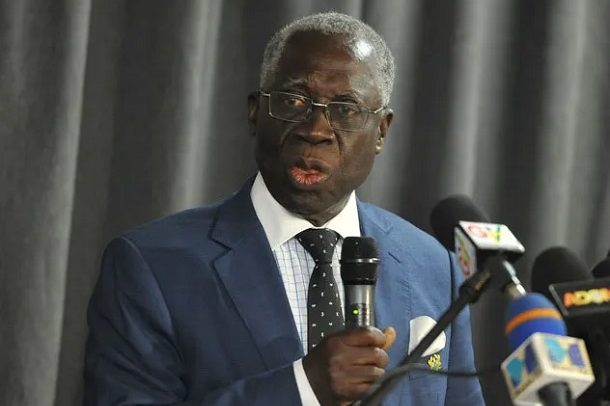Yaw Osafo-Maafo
Senior Presidential Advisor, Yaw Osafo-Maafo, has stated that transparency is needed in the declaration of assets owned by public officials.
According to him, the current asset declaration regime remains opaque, with declared assets kept confidential between the Auditor-General and the asserter.
During a forum on open government partnerships and transparency in Accra, Mr. Osafo-Maafo denounced the Public Office Holders Declaration of Assets and Disqualification Act 1998 (Act 550), stating that he had never liked it.
“In Ghana, when you become a Minister of State or a public sector worker at certain levels, the first thing you do is to declare your assets and file the same to the Auditor-General.
“What I personally don’t like about this law is that after you declare your assets, everything is kept confidential between the Auditor-General and yourself, and therefore, it becomes difficult for anybody to challenge the authenticity of the declaration,” he asserted.
He highlighted the underpinning cultural and societal norms surrounding inheritance, which he claimed, caused individuals to resist transparency during the formulation of Act 550.
Osafo-Maafo stated that while he supports asset declaration, there should be some amount of transparency in the arrangement so that the public may access it.
“I happened to be consulting for somebody when we were drawing up the constitution of the Republic, and I was championing the publication of the assets declared and the chiefs were so furious with me and said they would be killed when people knew what they had,” he noted.
Mr. Osafo-Maafo said the time is ripe for assets declared by public officials to be made public as the opaque regime is not helping accountability and open governance.
Article 286 (1) of the 1992 Constitution states that: “A person who holds a public office mentioned in clause (5) of this Article shall submit to the Auditor-General a written declaration of all property or assets owned by or liabilities owed by him, whether directly or indirectly.”
By Ernest Kofi Adu


